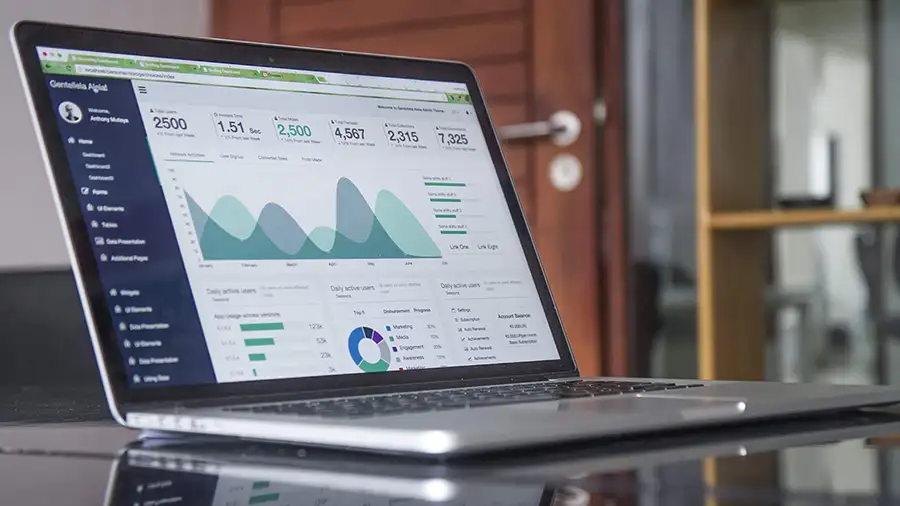Search Engine Optimization (SEO) is the process of optimizing your website and content to improve search engine rankings and drive organic traffic. SEO is a critical aspect of digital marketing and can help businesses increase visibility, attract more visitors, and drive more conversions. In this article, we’ll share some best practices for optimizing your website and content for SEO.
Best Practices for Website Optimization:
Conduct Keyword Research:
Keyword research is the process of identifying the keywords and phrases that people use to search for information related to your business. By conducting keyword research, you can identify the keywords that are relevant to your business and optimize your website and content accordingly. Use tools like Google Keyword Planner, Ahrefs, or SEMrush to conduct keyword research.
Optimize Your Website Architecture:
Your website’s architecture refers to how your pages are organized and linked together. A clear and organized website architecture makes it easier for search engines to crawl and index your pages. Use a logical site structure and create a sitemap to help search engines understand your website’s structure.
Improve Your Page Speed:
Page speed is a critical ranking factor for search engines. A slow-loading website can hurt your search engine rankings and result in a poor user experience. Use tools like Google PageSpeed Insights or GTmetrix to analyze your website’s page speed and identify areas for improvement.
Optimize Your Website’s Metadata:
Metadata refers to the title tag and meta description of your website’s pages. The title tag is the main headline that appears in search engine results, while the meta description is a brief summary of the page’s content. Use relevant keywords in your metadata and create compelling, clickable headlines and descriptions.
Use Header Tags:
Header tags (H1, H2, H3) are used to organize content on your pages and make it easier for users and search engines to understand the page’s structure. Use relevant keywords in your header tags and make sure they accurately describe the page’s content.
Create High-Quality Content:
Creating high-quality, relevant, and engaging content is essential for SEO. Your content should be well-written, informative, and provide value to your audience. Use relevant keywords throughout your content and make sure it’s easy to read and understand.
Best Practices for Content Optimization:
Conduct Topic Research:
Topic research is the process of identifying the topics that are relevant to your business and your audience. By conducting topic research, you can identify the topics that your audience is interested in and create content that meets their needs.
Create Long-Form Content:
Long-form content, such as blog posts or guides, is more likely to rank higher in search engine results than shorter content. Create in-depth, comprehensive content that covers a topic in-depth and provides value to your audience.
Use Relevant Keywords:
Use relevant keywords throughout your content to help search engines understand the content’s topic. Use tools like Semrush or WordStream to identify relevant keywords and use them naturally throughout your content.
Use Internal Linking:
Internal linking refers to linking to other pages on your website within your content. Internal linking helps search engines understand your website’s structure and can improve the user experience by providing additional resources for your audience.
Use Image Optimization:
Optimizing your images can improve your website’s page speed and search engine rankings. Use relevant, descriptive filenames for your images and include alt text and captions to help search engines understand the image’s content.
In summary, SEO is an essential aspect of digital marketing, and optimizing your website and content can help you improve search engine rankings and drive more organic traffic. By following these best practices for website optimization and content optimization, you can increase visibility, attract more visitors, and drive more conversions.
If you need help optimizing your website and content for SEO or want to learn more about how Exceedion can help your business grow, don’t hesitate to contact us today. Our team of experts can help you create an effective SEO strategy that drives results for your business.

